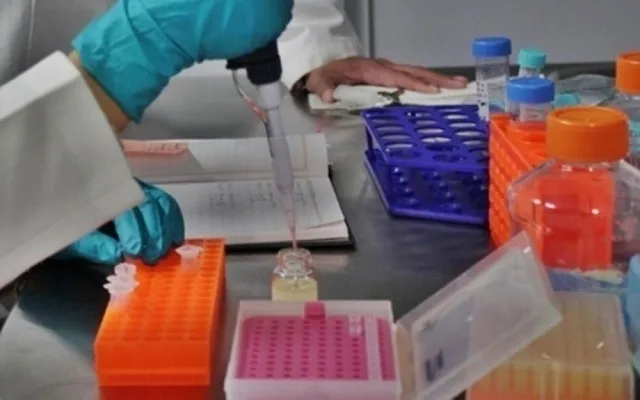An international study, in which the National Autonomous University of Mexico (UNAM) participated, detected a genetic variant of the Native Americans, including Mexicans, which influences the development of type 2 diabetes, the institution reported Monday.
The study identified the SF11 gene that, according to María Teresa Tusié Luna, of the Institute of Biomedical Research of the UNAM, explains about 25 % of the genetic risk to develop the disease.
The specialist explained that the study reviewed more than 45,000 people in the world, 20,791 with type 2 and 24,440 diabetes without diagnosis, belonging to five different ethnic groups.
About 10 % analyzed is originally from Mexico.
The researcher explained that the human genome is the result of selection processes and each population went through different events throughout its history.
That is why current individuals carry genetic variants that at some point conferred them some evolutionary advantage.
He explained that mestizos-Mexicans have an American European and native genetic background.And historically, these populations to survive accumulated fat due to the lack of food and climatic conditions.
Due to this inherited genetic structure, it is that Mexicans today are predisposed to different diseases, because the current lifestyle includes a highly caloric diet and less exercise.
Tuié Luna collaborates with the Broad Institute, in the United States, which heads the study that will now continue with the protein analysis that are affected by the disease, in order to be used in the development of better medications.
The specialist said that genetic investigations to analyze diseases such as cancer or diabetes depended so far on the use of special chips, where thousands of genetic variants were sought.
However, there was a limitation that they should be known or previously identified in other populations, but at present "you can sequence or read the genome directly without depending on the known variables."
In the investigation, click González, of the National Institute of Public Health, with patient files, were followed up for a decade, which will contribute to better understand the factors that predispose to diabetes.


